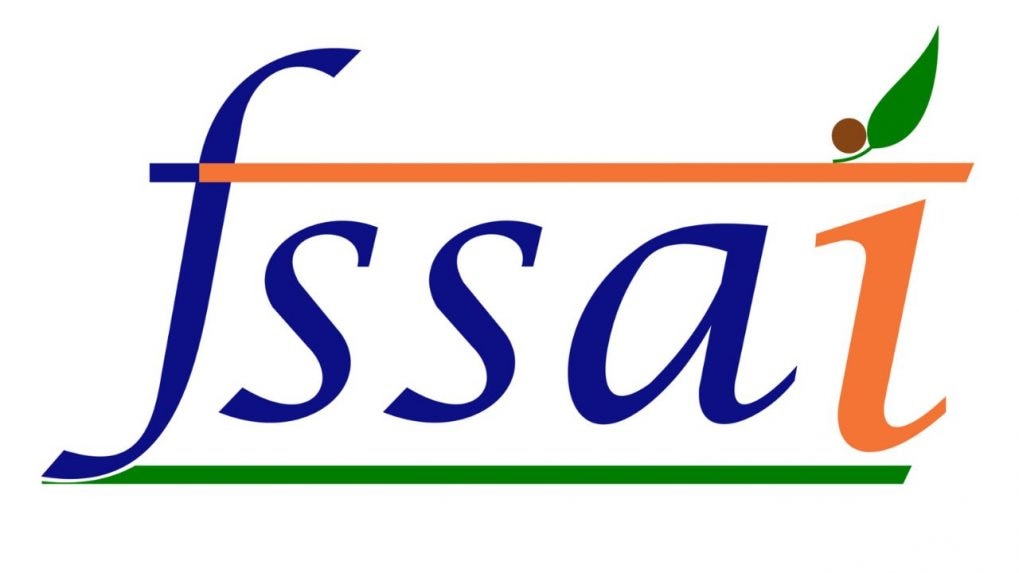FSSAI tightens grip on ecomm food players, mandates greater transparency and hygiene compliance
FSSAI CEO G Kamala Vardhana Rao met with over 70 representatives from leading ecommerce platforms, instructing them to step up hygiene standards and transparency across the food supply chain or face “severe action".
ADVERTISEMENT
The Food Safety and Standards Authority of India (FSSAI) has issued a strong warning to ecommerce platforms over lax compliance to tighten food safety enforcement. The regulator has put marketplaces on notice, signaling a shift from advisory to accountability, PTI reported.
At a high-level meeting held on Tuesday, FSSAI CEO G Kamala Vardhana Rao met with over 70 representatives from leading ecommerce platforms, instructing them to step up hygiene standards and transparency across the food supply chain or face “severe action".
While food delivery and e-grocery apps have seen exponential growth post-pandemic, concerns around quality checks, storage conditions and traceability have grown in parallel.
The regulator is now mandating ecommerce players to clearly display their FSSAI license/registration number on every invoice, receipt and cash memo; promote the FSSAI’s Food Safety Connect app to encourage consumer participation in identifying food safety violations. Additionally, it is also mandated to disclose details of all warehouses and storage units on the FoSCoS (Food Safety Compliance System) portal; train all food handlers and delivery personnel through FSSAI’s mandatory FoSTaC (Food Safety Training & Certification) programme; and explore feasibility of showing expiry or use-by dates at the consumer interface, improving transparency before purchase.
Read More: FSSAI invites fresh nominations for key posts in Food Authority ahead of term expiry in December
The regulator also emphasized that all warehouses handling food for ecommerce operations must be registered or licensed with the FSSAI and follow standard operating procedures outlined in the Food Safety and Standards Act.
By seeking detailed data from platforms on their backend logistics, from storage units to workforce training, the FSSAI is clearly expanding its oversight from product-level compliance to full-stack accountability in the digital food ecosystem.
Read More: FSSAI granted income tax exemption under Section 10(46A), effective FY26


